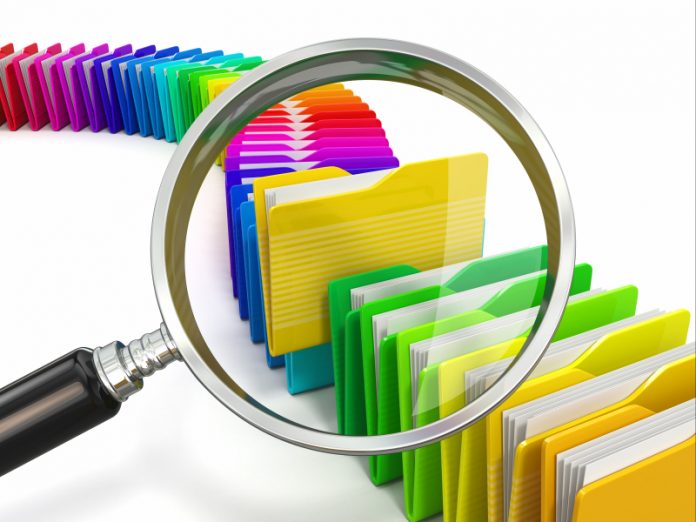Important Terms 5- For competitive exams
This page include a glossary of Important terms which are being discussed and asked in competitive exams
- Foreign Exchange Reserves :: Foreign exchange reserves (also called FOREX Reserves) in a strict sense are only the foreign currency deposits and bonds held by central banks and monetary authorities. However, the term in popular usage commonly includes foreign exchange and gold, SDRs and IMF reserve positions.
- SENSEX and NIFTY :: SENSEX is the short term for the words “Sensitive Index” and is associated with the Bombay (Mumbai) Stock Exchange (BSE). The SENSEX was first formed on 1-1-1986 and used the market capitalization of the 30 most traded stocks of BSE. Whereas NSE has 50 most traded stocks of NSE. SENSEX IS THE INDEX OF BSE. AND NIFTY IS THE INDEX OF NSE.BOTH WILL SHOW DAILY TRADING MARKS. Sensex and Nifty both are an “index”. An index is basically an indicator it indicates whether most of the stocks have gone up or most of the stocks have gone down.
- NASSCOM :: The National Association of Software and Services Companies (NASSCOM), the Indian chamber of commerce is a consortium that serves as an interface to the Indian software industry and Indian BPO industry. Maintaining close interaction with the Government of India in formulating National IT policies with specific focus on IT software and services maintaining a state of the art information database of IT software and services related activities for use of both the software developers as well as interested companies overseas.
- What is NBFC :: A non-banking financial company (NBFC) is a company registered under the Companies Act, 1956 and is engaged in the business of loans and advances, acquisition of shares/stock/bonds/debentures/securities issued by government, but does not include any institution whose principal business is that of agriculture activity, industrial activity, sale/purchase/construction of immovable property. NBFCs are doing functions akin to that of banks; however there are a few differences:
- A NBFC cannot accept demand deposits (demand deposits are funds deposited at a depository institution that are payable on demand — immediately or within a very short period — like your current or savings accounts.)
- it is not a part of the payment and settlement system and as such cannot issue cheques to its customers; and
- Deposit insurance facility of DICGC is not available for NBFC depositors unlike in case of banks.
- Consumer Protection Act :: It is implemented from 1987 to enforce consumer rights through a simple legal procedure. Banks also are covered under the Act. A consumer can file complaint for deficiency of service with Consumer District Forum for amounts up to Rs.20 Lacs in District Court, and for amounts above Rs.20 Lacs to Rs.1 Crore in State Commission and for amounts above Rs.1 Crore in National Commission.
- Non-Resident External Accounts (NRE) :: Non-Resident External accounts are the ones in which NRIs remit money in any permitted foreign currency and the remittance is converted to Indian rupees for credit to NRE accounts. The accounts can be in the form of current, saving, FDs, recurring deposits. The interest rates and other terms of these accounts are as per the RBI directives.
- Bank Rate :: Bank Rate is the rate at which RBI allows finance to commercial banks. Bank Rate is a tool, which central bank uses for short-term purposes. Any upward revision in Bank Rate by RBI is an indication that banks should also increase deposit rates as well as Base Rate. Thus any revision in the Bank rate indicates that it is likely that interest rates on your deposits are likely to either go up or go down.
- Special Drawing Rights :: The SDR (Special Drawing Rights) is an artificial currency created by the IMF in 1969. SDRs are allocated to member countries and can be fully converted into international currencies so they serve as a supplement to the official foreign reserves of member countries. Its value is based on a basket of key international currencies (U.S. dollar, euro, yen and pound sterling).
- What is FDI? :: FDI (Foreign Direct Investment) occurs with the purchase of the “physical assets or a significant amount of ownership (stock) of a company in another country in order to gain a measure of management control” (Or) A foreign company having a stake in a Indian Company.
Government of India has fixed different Permissible percentage of FDI investment in different Sectors.


















